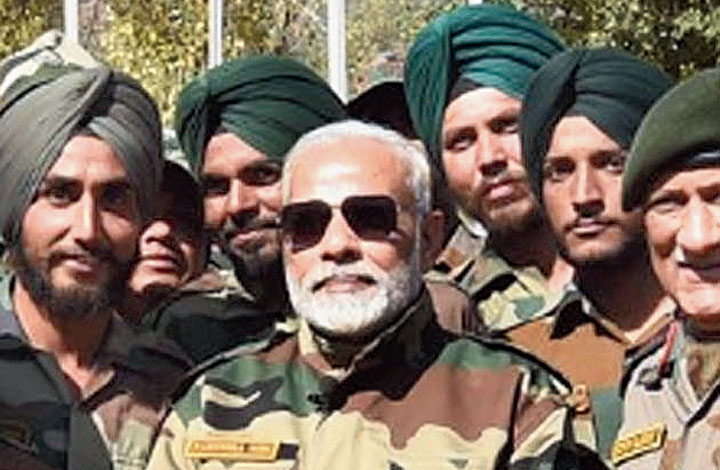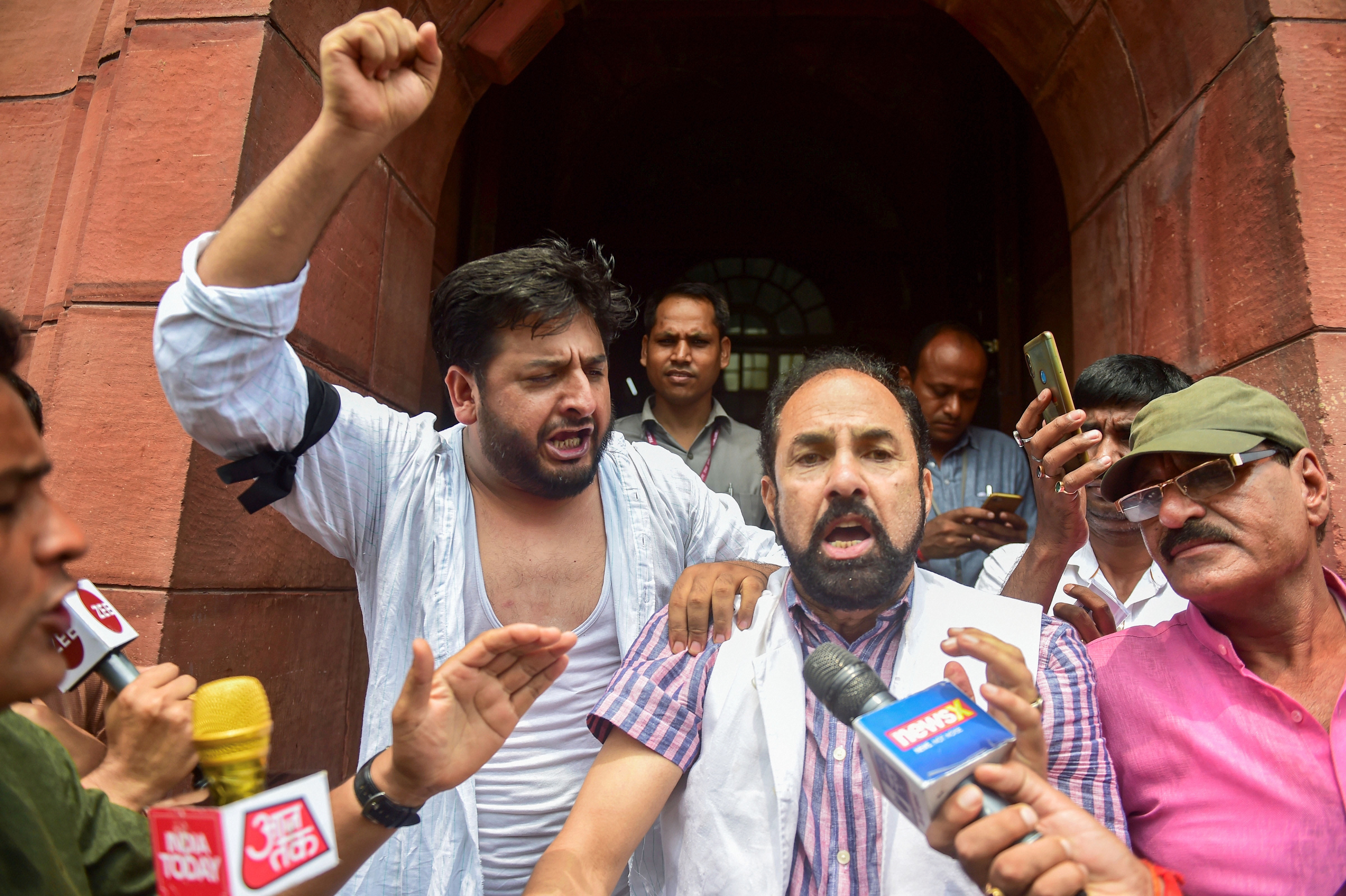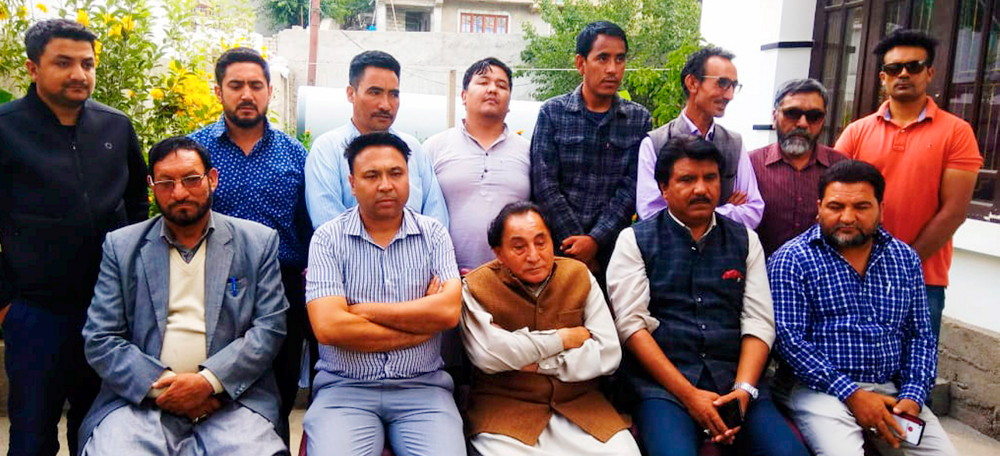The neutering of the special status of Jammu and Kashmir enshrined in Article 370 along with the bifurcation of the state into two separate Union territories — the Jammu and Kashmir state reorganisation bill, 2019, has taken care of this goal — by the Bharatiya Janata Party-led government at the Centre should not necessarily be seen as a radical departure. Kashmir’s ‘autonomy’, a sensitive issue for some constituencies in the state, has been a matter of conjecture for long. Several constitutional provisions, Articles 356, 357 and 249 — the last gave the Centre the right to legislate on issues on the provincial list — had been applied to the state incrementally. The BJP’s decision to do away with Kashmir’s ‘privileges’ — they were more symbolic than substantial — therefore, must be seen in the context of this history of not-so-infrequent interventions. What, however, is novel is the scale of the public support for the measure. The collective endorsement for the transformation in Jammu and Kashmir’s status is unprecedented. That perhaps explains the rather feeble attempt by the Opposition to thwart the measure that is said to have been honed by the Union home minister, Amit Shah. The Aam Aadmi Party, which has been a vocal critic of the BJP’s supposed lack of respect for federalism, supported the resolution, as did the Bahujan Samaj Party, the Biju Janata Dal, the Telugu Desam Party, among others. The Congress and the Left voted against the bill but the Trinamul Congress, the BJP’s principal opponent in Bengal, staged a walk-out during the voting. The support from some unexpected quarters and the diffidence of some opponents prove that the rhetoric of nationalism continues to be the ace up the BJP’s sleeve. Public approval for the BJP’s idea of nationalism has led to the nation viewing older emblems of accommodation — Kashmir’s accession to India being one — with marked circumspection.
It is possible that the abrogation of Kashmir’s entitlements and its bifurcation would be met with legal scrutiny. Some relevant — urgent — constitutional dilemmas must be addressed too. But the BJP’s biggest challenge would be to reaffirm its commitment to the compact between the State and its subjects in the troubled state. Both the end and the means of the ‘twin strikes’ have been questioned bitterly by Kashmir’s political parties and its people. Bridging this chasm is going to be more difficult than ‘integrating’ Kashmir with India.













